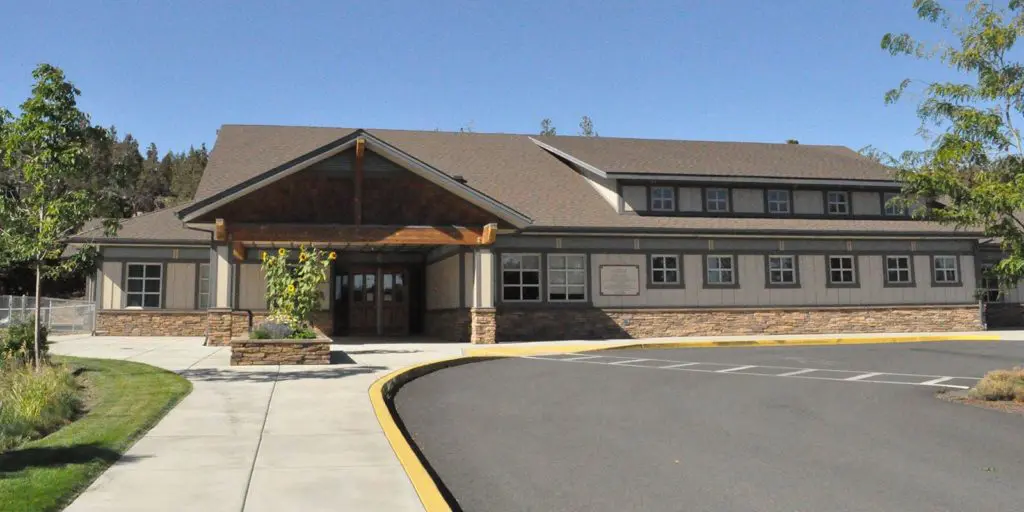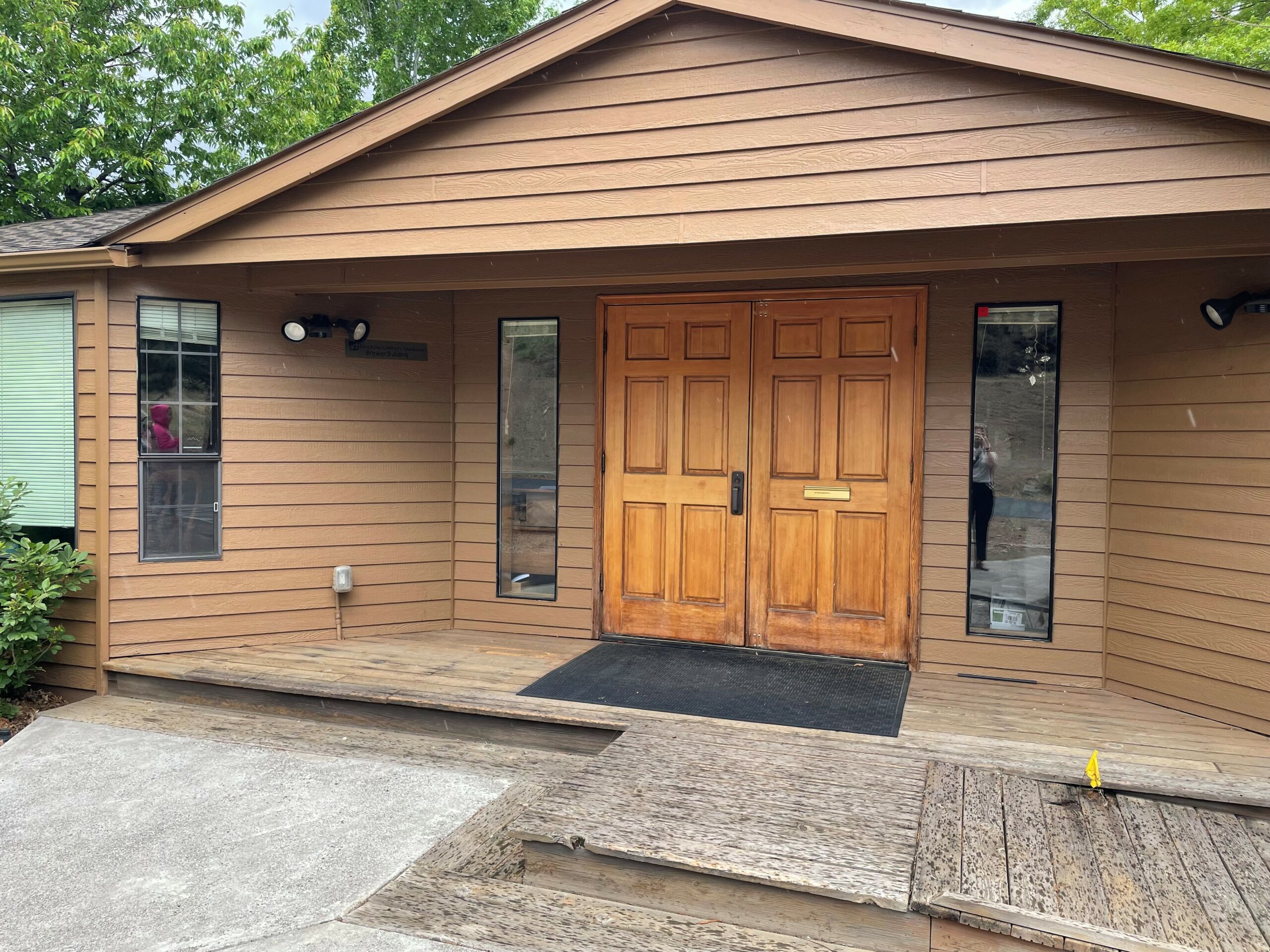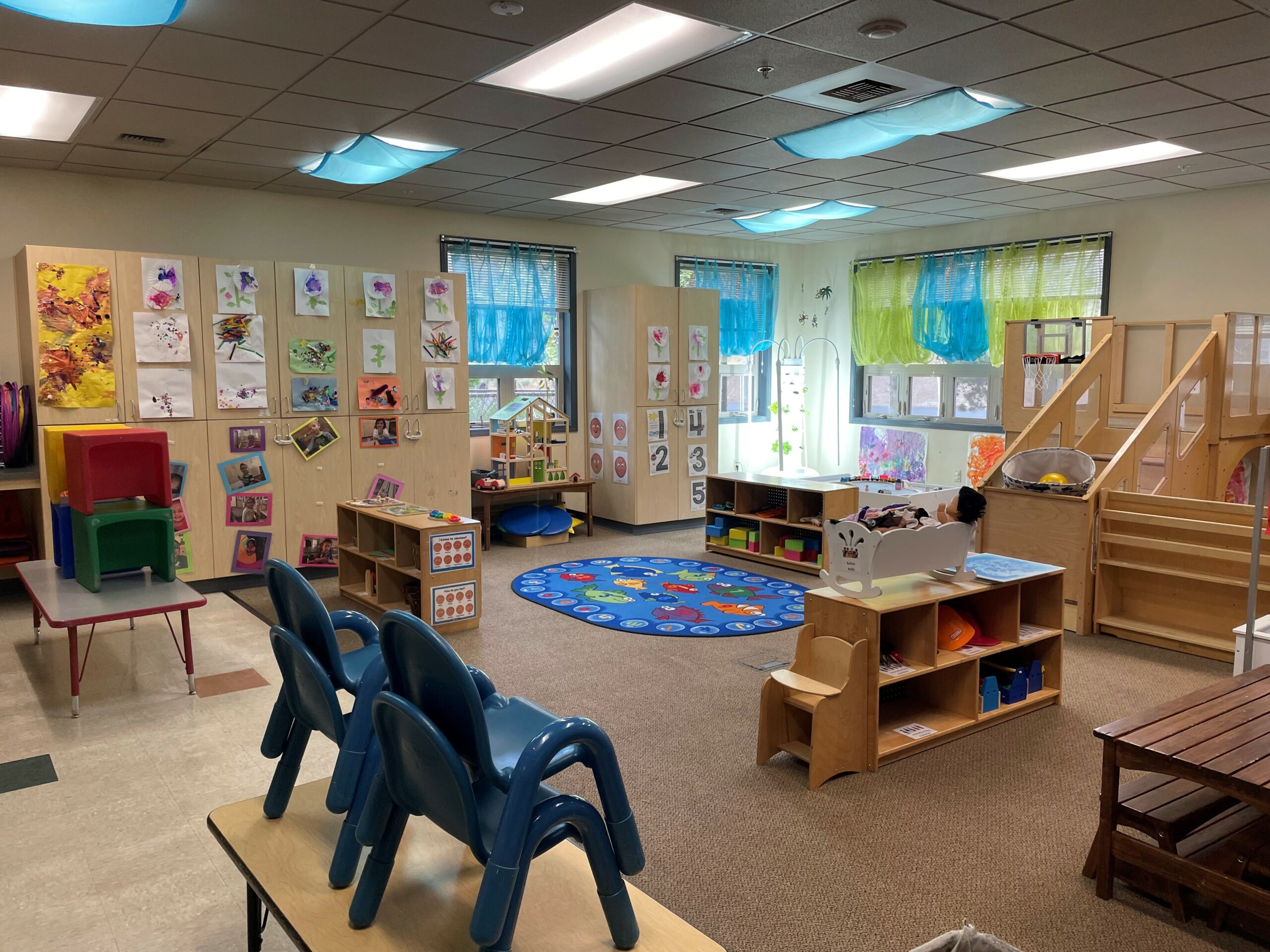Oregon Relief Nurseries provide critical support to families with young children ages 0-5. They currently serve about 3,500 young children throughout the state and are an integral part of Oregon’s early childhood system. The Relief Nursery model is nationally-recognized and unique to Oregon, focusing on the specific issues of children from families experiencing multiple stressors, trauma and abuse, or families that are at-risk of having these experiences. These complex challenges put families at an increased risk of becoming involved in the child welfare system. To prevent this, Relief Nurseries provide tools and resources so families can strengthen parent-child bonds, establish healthy patterns, and build protective factors.
“Our vision is that all children in Oregon thrive in safe, nurturing and stable families,” explained Cara Copeland, executive director of the Oregon Association of Relief Nurseries (OARN). “The Relief Nursery model has over forty years of success in strengthening families and keeping children safe from maltreatment and unnecessary foster care.”
Unfortunately, low wages for direct service staff have put these programs in a precarious situation, putting Oregon children and families at-risk of losing needed services. One of the biggest hurdles facing Relief Nurseries today is a glaring pay gap, when compared to other salaries in the early childhood sector. While Oregon has made some progress by raising wages for early childhood direct service staff in other early childhood programs, such as Early Head Start and Oregon Pre-Kindergarten, wages for Relief Nursery staff fall short. This results in recruiting challenges, high staff turnover, a reduction in services, and disrupts relationships with families and children.
According to OARN, the average Relief Nursery teacher/home visitor would need a 19 percent wage increase to meet the Early Learning Council minimum salaries for early childhood educators.
During the 2021 legislative session, one of the Early Childhood Coalition’s (ECC) legislative priorities was to expand early childhood investments. This included providing wage parity for Relief Nurseries, with OARN as lead advocate. OARN and the ECC requested $4.8 million from the Oregon Legislature to increase Relief Nursery wages and maintain levels of service. Ultimately, Oregon’s Relief Nurseries received partial funding.
“We received $2 million of our request and will continue to fight for those dollars,” said Copeland. “The consequence of not having these funds is fewer families served and staff being recruited out of our programs to partner services. The turnover and transition of staff have negative consequences on children and families currently receiving services as well because they often drop out of services when a beloved home visitor or teacher leaves.”
Relief Nursery staff are critical in shaping the future for children, families, and communities. With the early years being such an important time for brain development, Relief Nurseries are essential for thousands of young children in Oregon.
Central Oregon Spotlight: MountainStar Relief Nursery
MountainStar Relief Nursery is just one of 38 Relief Nurseries in Oregon, serving young children and families in Bend, Madras, Prineville, Redmond, and La Pine. Families in MountainStar’s programs join voluntarily, often connecting to the program by word of mouth, but they may also be referred by doctors, social workers, and partner agencies.
Kara Tachikawa, executive director of MountainStar, attended the ECC’s advocacy kick-off event in May. She subsequently met with lawmakers during the 2021 legislative session, providing testimony in support of raising wages for Relief Nursery teachers, home visitors and support staff.
This summer, CI staff visited MountainStar at the East Bend Campus and toured the building, which actually houses multiple organizations that also serve children, youth, and families. We learned that this co-location provides convenience, allowing families to access more services in one place, and promotes collaboration and partnership between like-minded nonprofit agencies. Healthy Families of the High Desert, the Central Oregon branch of Healthy Families Oregon, is one such program that shares space in the building and partners with MountainStar to reach more families.
While there, we learned that in September 2020, MountainStar opened three Preschool Promise classrooms in Bend, Madras, and Prineville to provide more high-quality, publicly funded preschool for low to moderate-income families. Their goal is to provide early intervention so children are safe and healthy, build parental resilience, and strengthen families through integrated early childhood education and therapeutic support services.

Healthy Families of the High Desert
Healthy Families of the High Desert is a program through Healthy Families Oregon. It is a voluntary home visiting program that provides support and education to families expecting or parenting newborns. The program offers weekly home visits for families that need and want some extra help, and partners with MountainStar to reach more families with young children.


Looking Ahead
Since the Oregon Legislature concluded in June, Relief Nursery programs are now moving towards implementation. At MountainStar, Kara Tachikawa remarked that she is hopeful about successfully navigating the season of change, as the program is expecting staffing changes, solidifying programs, and looking to expand services over the next three years.
As for the near future, she said, “We’re excited to move back into our regular services for therapeutic classrooms and to return to in-home visiting with families. We know that these connections provide the basis for positive social-emotional development for the children, and the support that families need to make it through the challenging, precious, irreplaceable time of raising young children.”
Additional Resources

